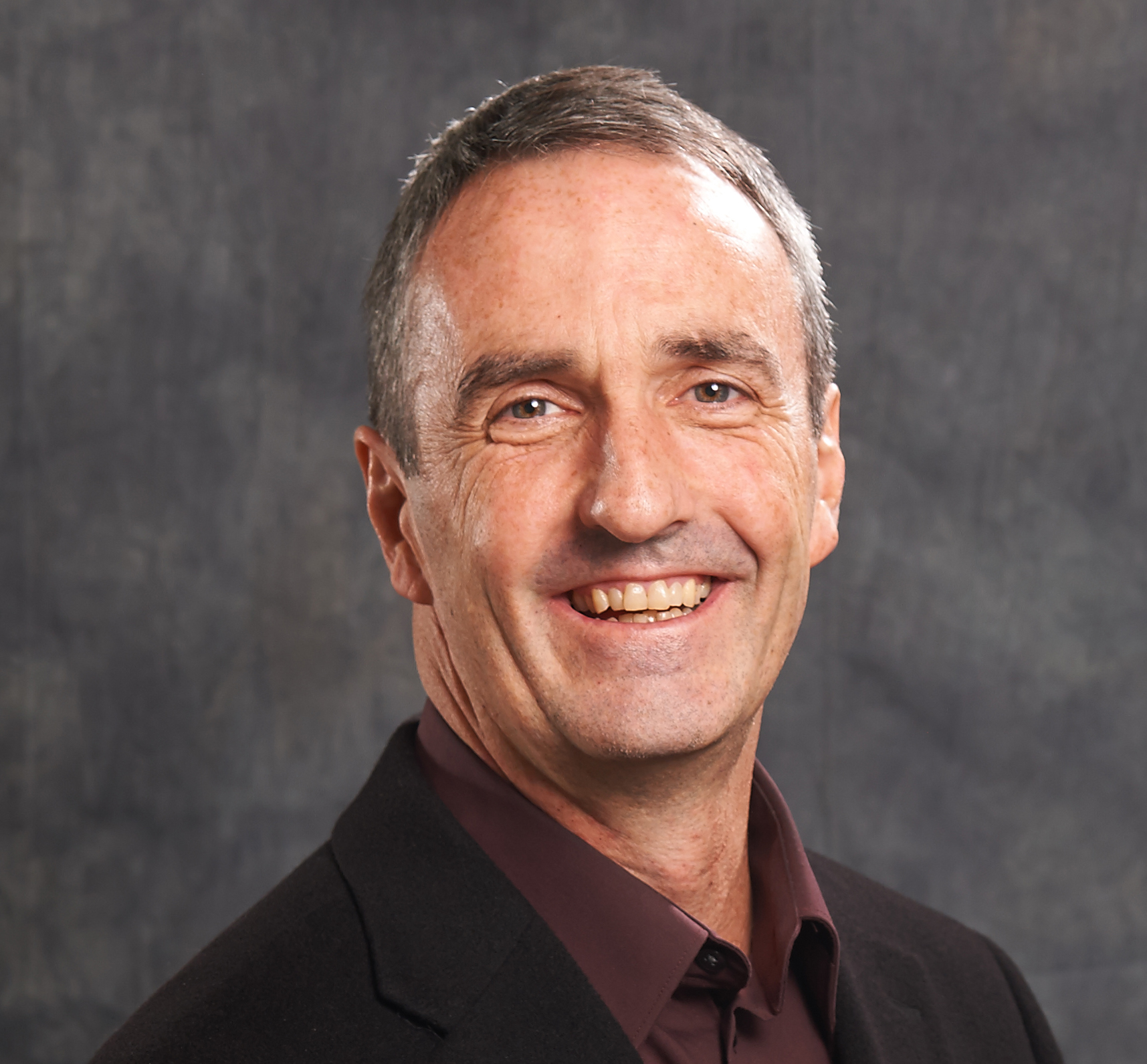Stewart Elgie

Profile
Faculty of Law - Common Law Section and Director
Institute of the Environment; Chair, Sustainable Prosperity
Biography
Stewart Elgie is a professor of law and economics at the University of Ottawa, and director of the University’s interdisciplinary Environment Institute. He received his Masters of Law from Harvard, and his doctorate (J.S.D.) from Yale (thesis on carbon markets). He is also the founder and chair of Smart Prosperity, Canada’s major green economy think tank and policy-research network. His research involves many aspects of environmental and economic sustainability, with a particular focus in recent years on market-based approaches.
Elgie started his career as an environmental lawyer in Alaska, litigating over the Valdez oil spill. He returned to Canada and founded Ecojustice, now Canada’s largest non-profit environmental law organization. He was later hired by Pew Trusts as founding executive director of the multi-stakeholder Canadian Boreal Initiative. Prior to his faculty position at University of Ottawa (2004), Elgie held appoints (part-time) at several Canadian universities (U.B.C., Alberta, York). He has served on or chaired many advisory bodies in the environment/sustainability area. In 2001, Elgie was awarded the Law Society of Upper Canada medal for exceptional lifetime contributions to law – the youngest man ever to receive the profession’s highest honour. In 2015, he received Canada’s Clean 50 Award, for Thought Leadership on sustainability.
Research
His main areas of interest include environmental law and economics, market-based approaches (eco taxes, emission trading) to address climate change, species loss and other environmental problems. Also, clean innovation: how to design public policies to stimulate innovation by companies to reduce environmental harm. He also has interest in environmental and resource law and policy: Most areas of environmental law (endangered species, parks, climate, pollution) and select resource areas and green growth in general. His research is focused on issues that are directly relevant to government policy making for a green economy
Type of Student support He Seeks
Students with some background in economics, innovation, or law, ideally. Interested in doing highly policy relevant work and have a commitment to excellence.
Research Question Examples a Student He Supervises Could Work On
- The use of environmental taxes or emissions trading to solve environmental problems
- How to incent Canadian companies to become leaders in clean innovation, through smart regulations, taxes or incentive programs
- Effectiveness of endangered species laws
- Generally any topic about how public policies can decouple economic growth from environmental harm